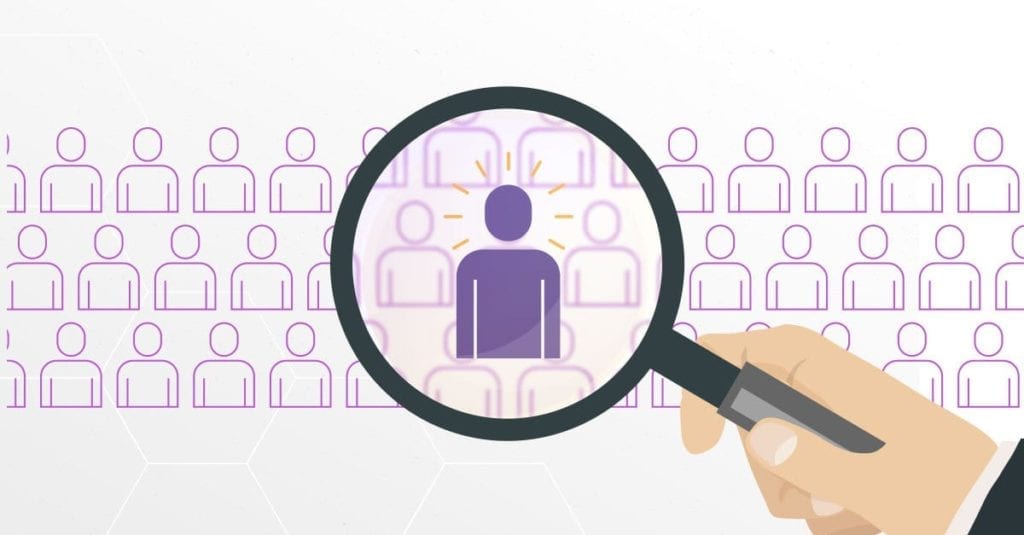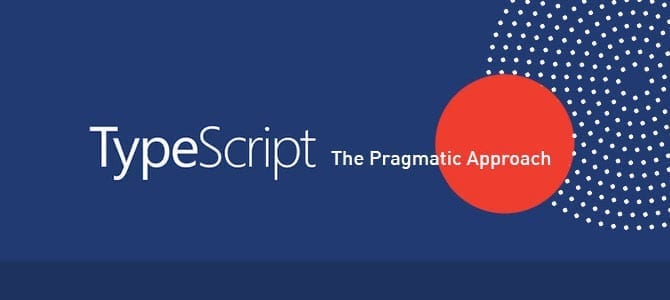Should We Be Optimistic about Technology?
Imagine going back in time, when people sent letters instead of emails, watched opera shows instead of television, rode horses instead of cars, and so forth. Would you be able to live comfortably?
A survey commissioned by HMD Global and conducted by OnePoll.us reveals that six in ten people nowadays cannot afford to be separated from their mobile phones for more than a day. More than half of the respondents believe that running out of battery is a nightmare, with one in eight claiming it gives them anxiety.
Jeff Bezos once said, “I really do believe when ingenuity gets involved, when invention gets involved, when people get determined and when passion comes out, when they make strong goals — you can invent your way out of any box. That is what we humans need to do right now. I believe we are going to do it. I am sure we are going to do it.” quoted from “Amazon Unbound: Jeff Bezos and the Invention of a Global Empire”, Brad Stone, 2021.
Bezos’s statement is a prime example of a techno-optimist statement. It claims that technology impacts society in a positive way and innovation allows previously unthinkable economy and political decision-making to happen. But who are these people who believe in it? Are the implications of innovation always so black-and-white? And most importantly, will technology and techno-optimism alone be enough to save us?
What Is Techno-Optimism?
John Danaher, a philosopher who specializes in human enhancement and transhumanism, in his 2019 paper about techno-optimism Automation and Utopia: Human Flourishing in an Age Without Work, argues that optimism is defined by three elements:
- Optimists believe that good prevails over bad by a magnitude that varies depending on the strength of the optimistic stance.
- Optimism tends to associate with an affirmation of growth in the sense that things will get better.
- Optimists (and pessimists, for this matter) must believe that we can measure “good” as a value to track.
Danaher elaborates that techno-optimism is the belief that holds that technology plays a crucial role in ensuring that the “good” does or will prevail over the “bad.” Technology, in this case, is defined in material and instrumentalist terms. Instrumentalism means that technology is an expression of instrumental reasoning (to an end). Materialism ensures that all information technologies have material instantiation.
Neither liberal nor conservative, the true ideology of Silicon Valley is an unwavering belief in the power of technology.
New York Times article “The Church of Techno-Optimism.”
The Growth of Technology
Stewart Brand famously posed the question of the true nature of information with this remark at the first hackers’ conference in 1984.
Information wants to be free. Information also wants to be expensive… That tension will not go away.
Stewart Brand
On the one hand, information tends to be expensive because it is so valuable; The right information in the right place can change your life. On the other hand, information wants to be free, because the cost of getting it out is getting lower all the time. So, you have these two forces fighting against each other.
Historically, human beings have always wanted to know, discover, and make new things; and/or use old things in new ways. Technology has always been used to make information more accessible, although some people with power have tried to make information “expensive” by exploiting it. An epistemological principle that illustrates this situation is “if something can be known, it will be known”.
In Germany around 1440, Gutenberg invented the Printing Press. Pre-Gutenberg, there were no books, no pamphlets, no newspapers. In fact, in the 50 years before Gutenberg, all the scribes in all of Europe struggled to produce 20,000 laboriously hand-copied manuscripts. In the 50 years after Gutenberg? The printers that sprung up around the continent churned out 12 million printed books.
James Corbett, “The Media Matrix”
Technology is how humans materialize their knowledge and understanding of the world for survival and flourishing. In this sense, all technology contains information, and the amount of information contained continues to grow just as Moore’s Law dictates:
“The number of transistors in dense integration circuit doubles about every two years.”
It is apparent that not all technology is value-neutral or simply a tool. Still, technology will inevitably develop in the same sense that “what can be known will be known.”
Techno-Optimism Critiques
Danaher addresses two major critiques of techno-optimism in his paper. The first critique argues that humans have become accustomed to technology that we no longer appreciate but expect as the norm. Danaher replies by arguing that there are values that are not subject to baseline adaptation. He illustrates that longer lives, less poverty, better treatment of illness, and more equality of opportunity are values that will always be good, and technology will continue to improve human existence.
The other critique comes from the idea that technological growth depends on the exploitation of natural resources, which are finite. Danaher responds by stating that technology is becoming less exploitative as time passes. For instance, a drink may use 85 g of aluminum in the 1950s and diminished to 12.75g by 2011. Hence, this shows that continued growth does not necessarily mean continuing exploitation.
There is no denying that there were technological hazards in the past. But we cannot deny that most of those hazards happened due to human intervention or mistakes. The closest we have come to destroy ourselves with technology was the deployment of atomic bombs on Hiroshima and Nagasaki in 1945. Nevertheless, today warfare has shifted to intelligence warfare, such as elections interference and computer hacking.
There is nothing perfect in this world, including technology. Some inventions may be ground-breaking, but new does not always mean good. When we say we are techno-optimists, it does not mean we ignore the problems that technology can create. Instead, we could view this as something we should address through scientific debate and international treaties.
Optimism Is Not Fanaticism; Optimism Is Healthy!
In the end, the technological risk is much more complex than what it appears to be at face value.
Despite the dystopian view that modern technologies, such as AI robots, will destroy the world just because they feel like it (as depicted in The Terminator), techno-optimists promote its benefits to humanity through the widespread adoption of AI technologies. It has been a trend that we all live through in our 21st-century lives.
A sneak preview into the future, such as the emergence of self-driving vehicle technology and quantum computing, is an exciting prospect rather than a terrifying one for techno-optimists.
Psychiatrists and psychologists agree it is healthier to be optimistic about it. Thinking the world is about to be destroyed or humanity gets hurt by technology might affect our health and lead to depression or withdrawal from our technological society.
References
https://studyfinds.org/cant-make-it-without-smartphone/
https://www.amazon.com/Amazon-Unbound-Invention-Global-Empire/dp/1982132612
https://www.nytimes.com/2021/07/03/opinion/jeff-bezos-space-amazon.html
https://philpeople.org/profiles/john-danaher
https://www.rogerclarke.com/II/IWtbF.html
https://en.wikipedia.org/wiki/The_Hackers_Conference
https://en.wikipedia.org/wiki/Moore’s_law
https://www.nytimes.com/2019/09/28/opinion/sunday/silicon-valley-techno-optimism.html
https://www.corbettreport.com/media/#part1
https://link.springer.com/article/10.1007/s13347-022-00550-2
Author: Teguh Yuono, Project Manager











